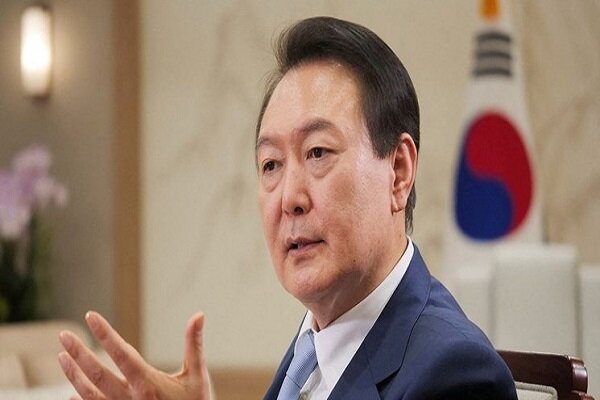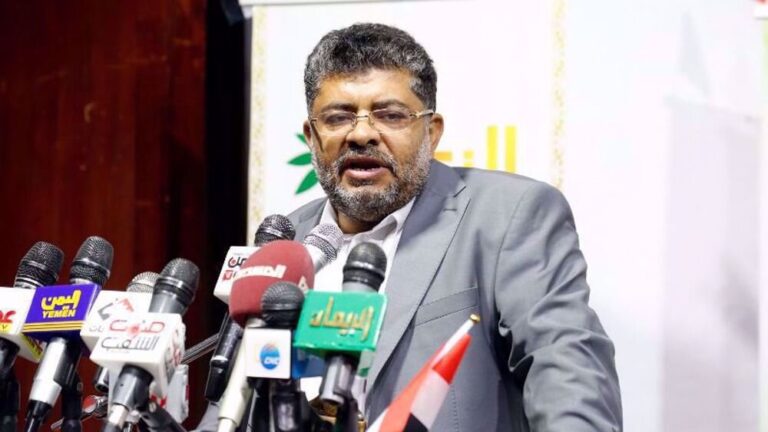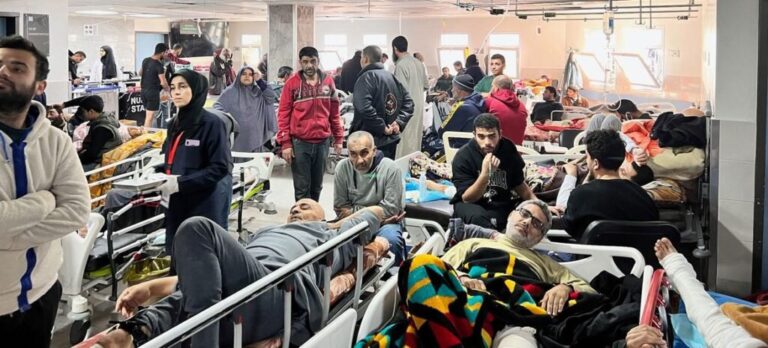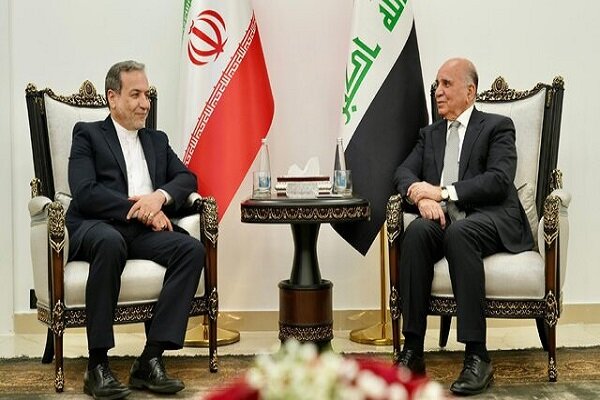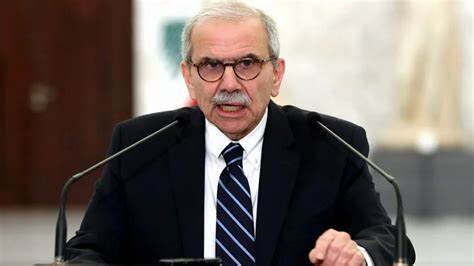South Korea’s Parliament Pushes for Yoon Suk Yeol’s Impeachment as Trial Nears Conclusion
In a pivotal case that has captured national attention, the Constitutional Court is deliberating the impeachment of President Yoon, following his controversial declaration of martial law on December 3. After several weeks of testimonies from high-ranking officials, both current and former, the court is now poised to make a significant decision regarding Yoon’s future as president.
Lawyers on both sides have presented their arguments, highlighting the critical nature of this case and its implications for South Korea’s democracy. According to Reuters, “Declaring martial law in a situation that doesn’t fit a national emergency is a declaration of dictatorship and military rule,” stated Kim Jin-han, a lawyer representing the parliament. This assertion underscores the gravity of the allegations against Yoon.
Key Arguments Presented in Court
- Threat of Future Martial Law: Kim Jin-han expressed concerns over the potential for Yoon to reinstate martial law if he returns to power. He stated, “If he returns to work, we don’t know if he will again exercise martial law,” emphasizing the risks to other state institutions.
- Impeachment Hearing Continuation: The Constitutional Court will continue its hearings, questioning three additional witnesses, including the impeached prime minister and the former police chief.
- Parliament’s Role: The court is reviewing the parliamentary decision to impeach Yoon on December 14, with a crucial outcome pending — whether to permanently remove him from office or reinstate him.
The stakes are high; if Yoon is removed, a new presidential election must take place within 60 days, fundamentally altering the political landscape of South Korea. His administration has faced numerous challenges, and this case is at the forefront of public discourse.
Yoon’s Defense and Justifications
In his defense, Yoon has argued that he had the constitutional authority as president to issue the martial law decree, which lasted approximately six hours before being rescinded due to parliamentary opposition. He claims that the declaration was necessary to address political deadlock and threats from “anti-state forces” aligned with North Korea.
Yoon’s legal team has also contended that he did not intend to disrupt parliamentary operations, despite the public nature of the order and the deployment of troops and police to the legislature. Furthermore, he directed military forces to the National Election Commission (NEC), asserting that this action was warranted due to the NEC’s failure to address allegations of election hacking, a claim that has been firmly rejected by election officials.
Criminal Charges and Legal Proceedings
In addition to the impeachment proceedings, Yoon faces separate criminal charges for allegedly leading an insurrection. He was arrested last month and is currently held at a detention center. The first preparatory hearing for these charges is set for Thursday. Notably, insurrection is one of the few crimes for which a South Korean president does not have immunity, carrying severe penalties that include life imprisonment or even death, though executions have not occurred in the country for decades.
Implications for South Korea’s Political Future
The outcome of this case holds significant implications for the future of South Korea’s political landscape. As the Constitutional Court prepares to hear more testimonies, public interest remains high. Many citizens are concerned about the state of democracy and the potential for militaristic governance under Yoon’s leadership.
As the court deliberates, the nation watches closely, aware that the decision could lead to a dramatic shift in power dynamics within the government. The implications of this case extend beyond Yoon himself, touching on the broader themes of governance, rule of law, and civil liberties in South Korea.
In conclusion, the unfolding events surrounding President Yoon’s impeachment and the martial law declaration are pivotal moments in South Korea’s history. The Constitutional Court’s decision will not only determine Yoon’s fate but also set a precedent for future governance and the balance of power between state institutions.
